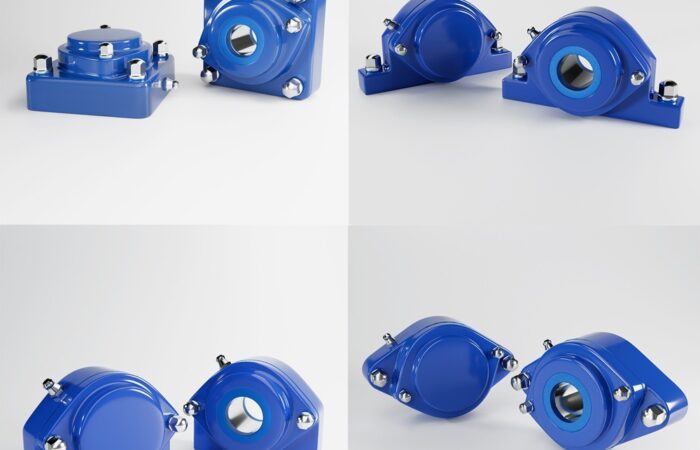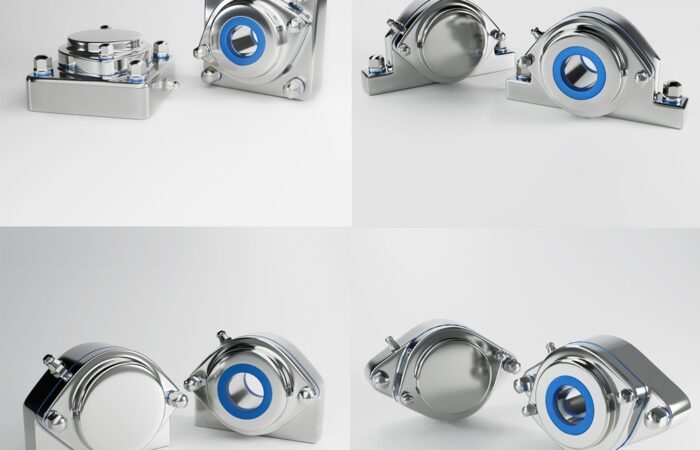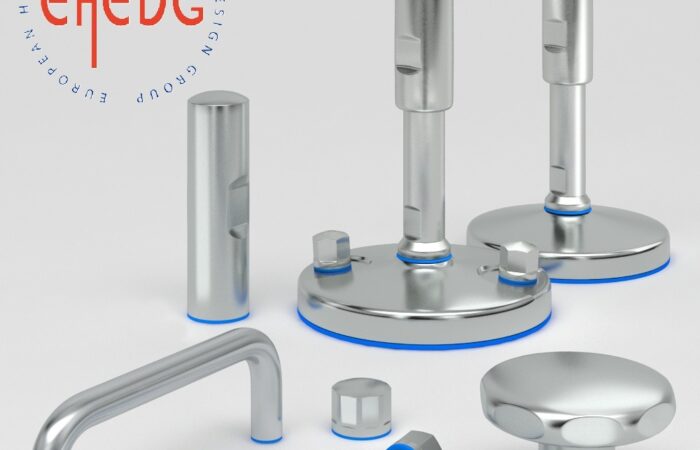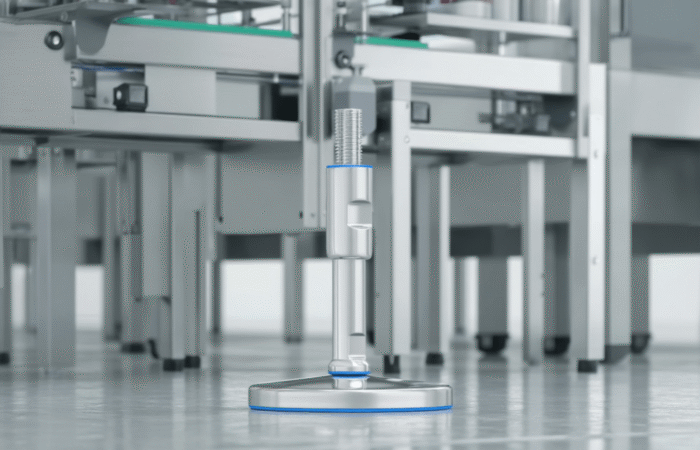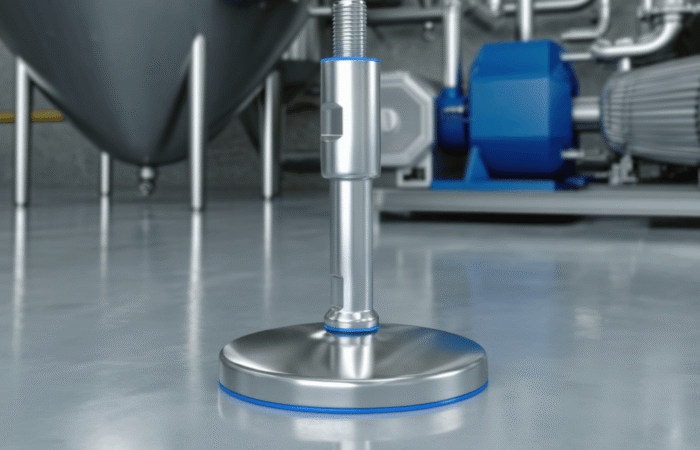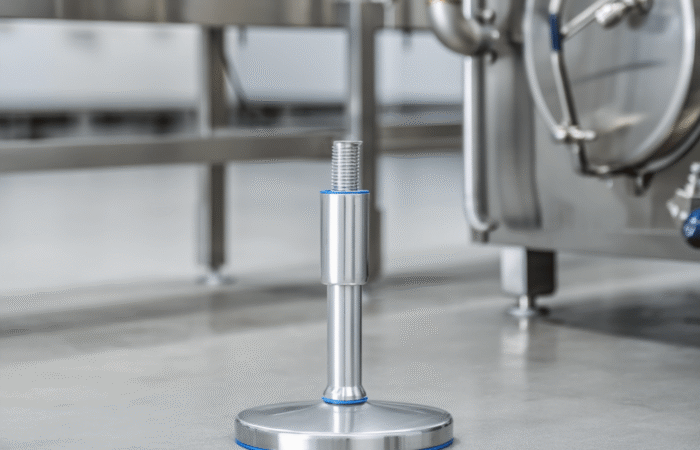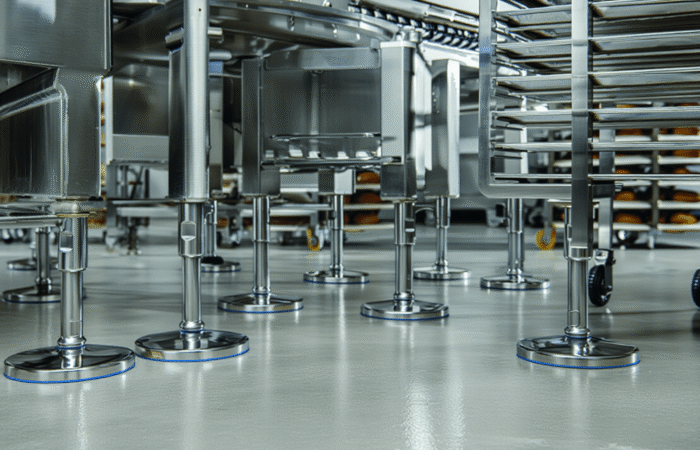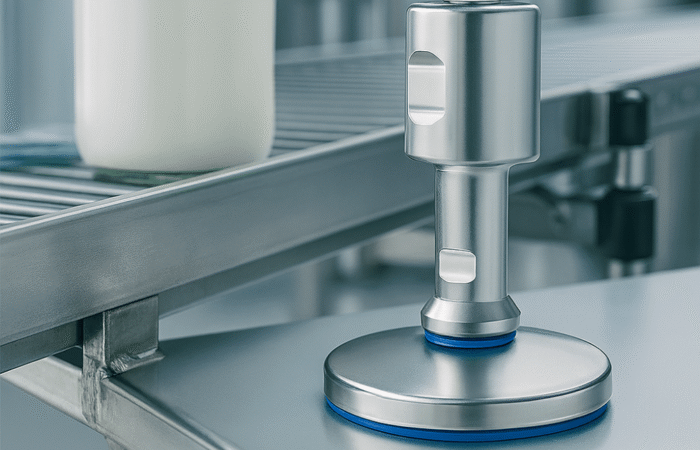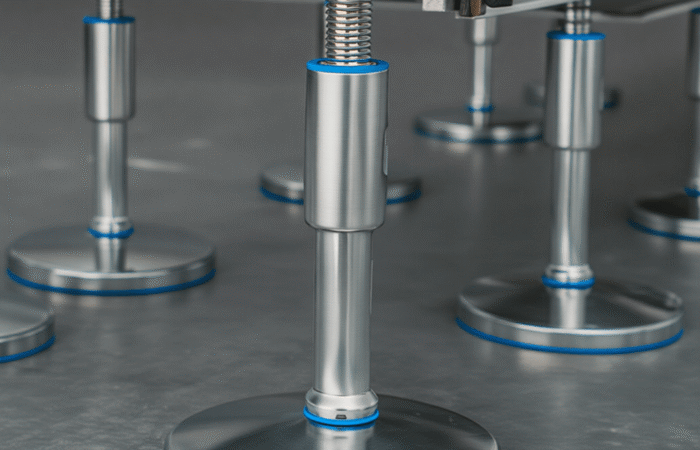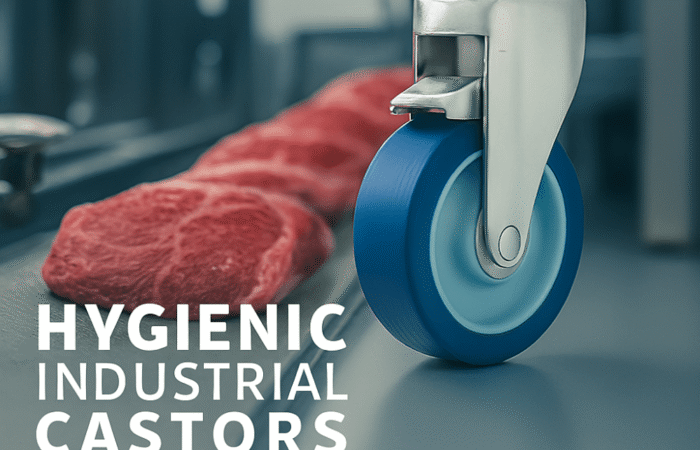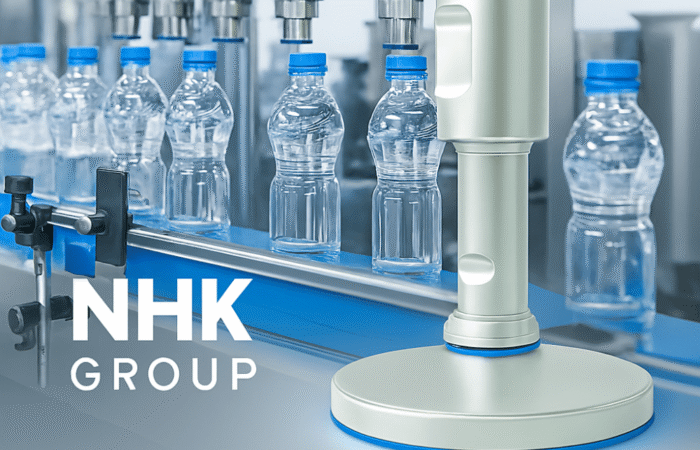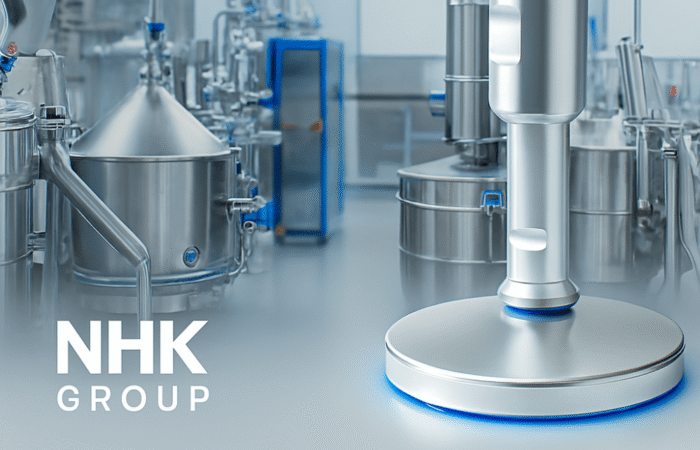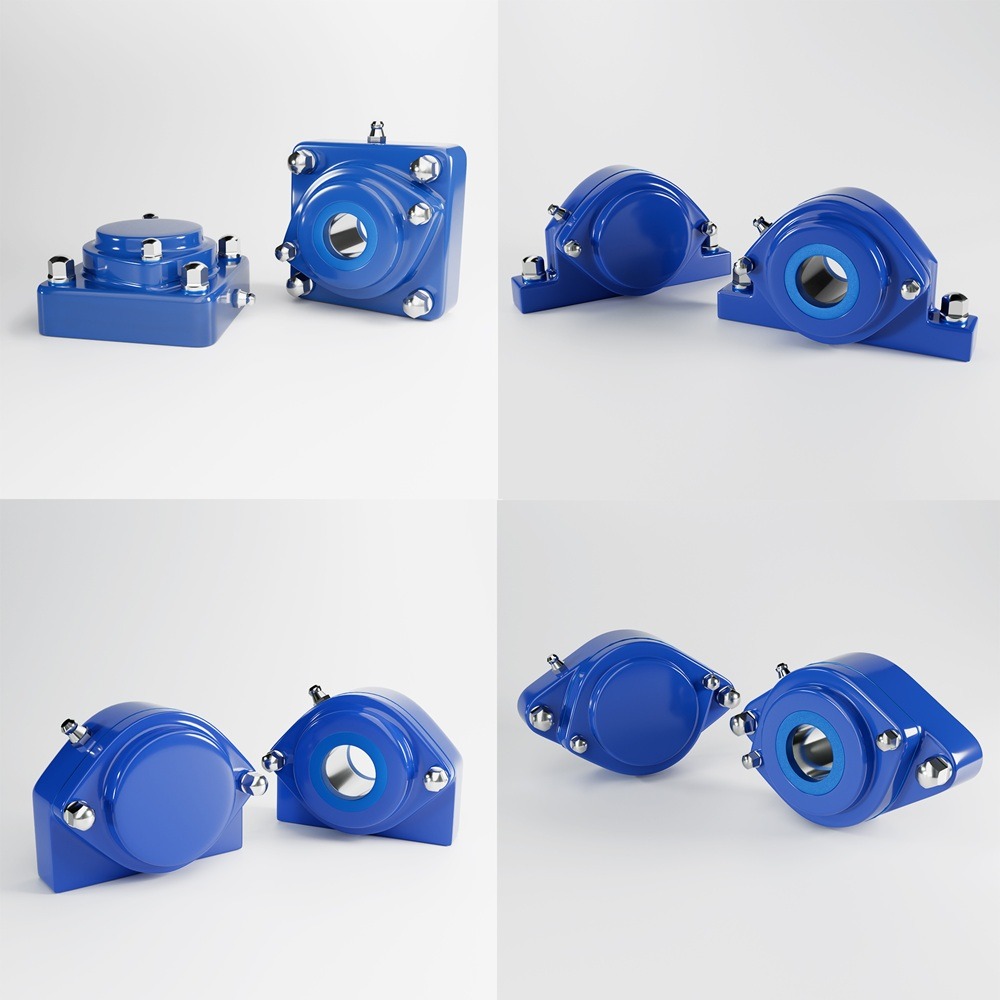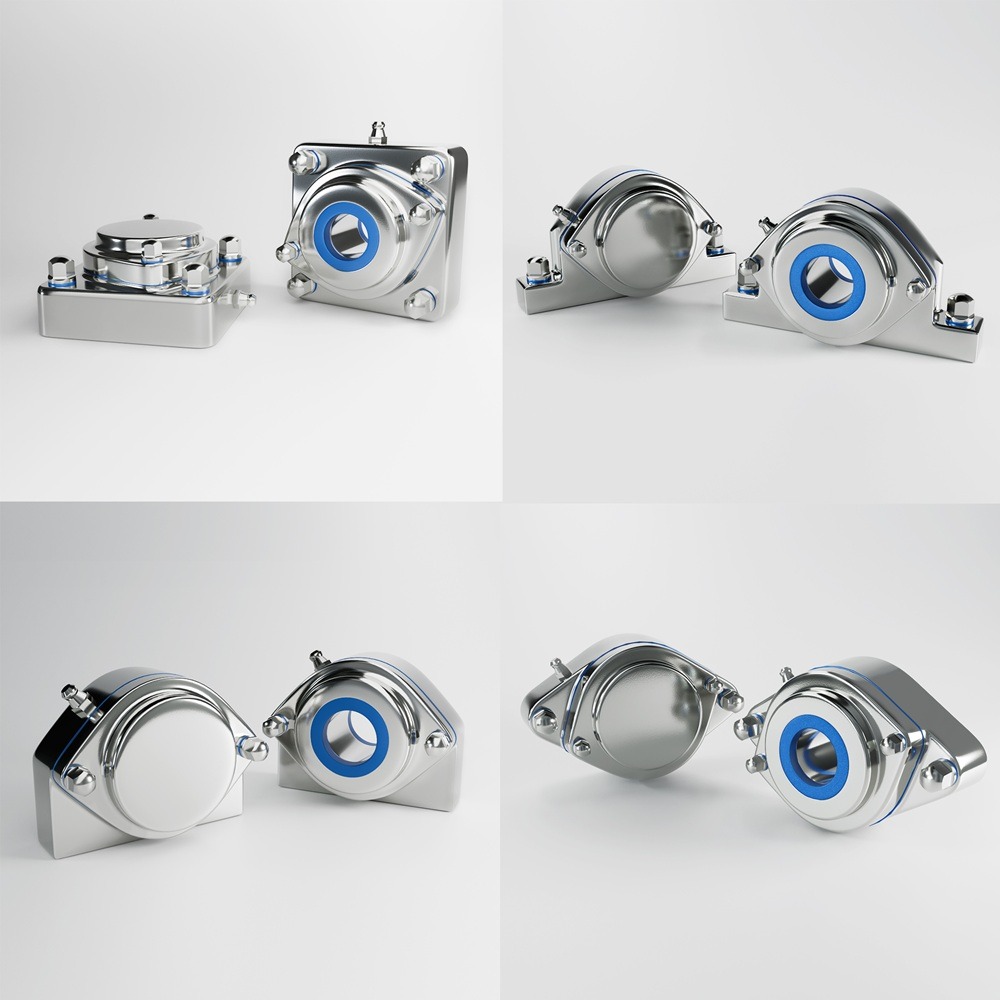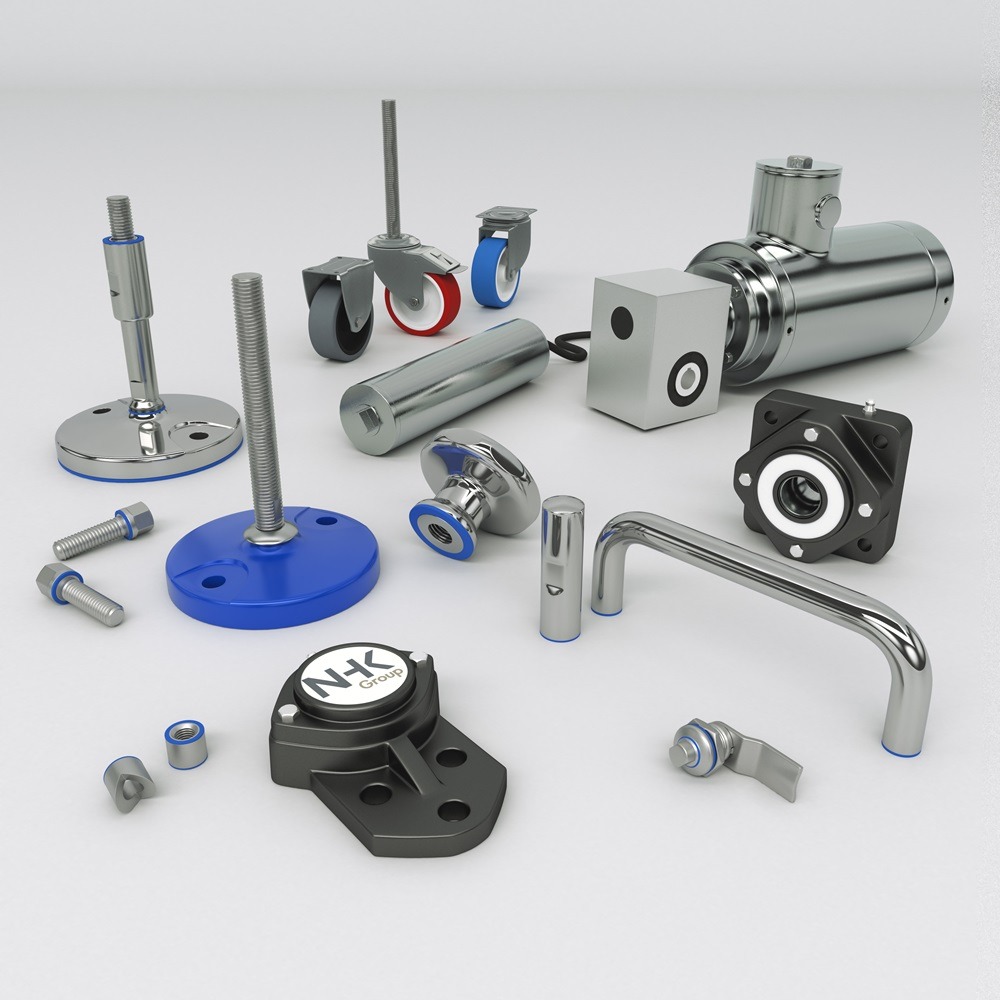
Conveyor parts in stainless steel hygienic design
In today’s fast-evolving industrial landscape, strategic planning and development play a critical role in maintaining efficiency, ensuring product safety, and adhering to regulatory compliance. Industries such as packaging, food processing, pharmaceutical, and biotechnology demand high standards when it comes to hygiene and sanitation, which is why stainless steel conveyor parts with hygienic designs have become essential components in production lines. These industries benefit significantly from adopting stainless steel conveyor systems that not only optimize operations but also ensure a sterile environment to prevent contamination. This article explores the strategic importance of utilizing stainless steel hygienic conveyor parts across these industries. Strategic planning in industries where hygiene and precision are paramount requires the adoption of components that meet stringent regulations, maintain cleanliness, and support long-term sustainability. Stainless steel conveyor parts are vital to the integrity of production lines, especially in sectors like food processing and pharmaceuticals. Their corrosion resistance, ease of cleaning, and durability help businesses align their operations with industry standards while maximizing operational efficiency. In industries where contamination can be costly or even dangerous, conveyor parts designed with hygienic considerations provide added value by reducing downtime, improving sanitation practices, and meeting regulatory requirements such as those from the Food and Drug Administration (FDA) and European Hygienic Engineering & Design Group (EHEDG). The packaging industry is highly reliant on fast and efficient conveyor systems to meet the demand for mass production, particularly in sectors such as food, pharmaceuticals, and biotechnology. Packaging operations require hygienic stainless steel conveyors that can withstand frequent washdowns without degrading. Stainless steel conveyor parts, including belts, rollers, and frames, ensure that the packaging process is free from contamination. These parts are resistant to bacteria buildup, corrosion, and damage from aggressive cleaning agents. This enhances operational efficiency, particularly in environments where sanitation and cleanliness are critical to ensuring product quality and safety. Strategic planning in the packaging industry must also account for increased demand for sustainable and eco-friendly processes. Stainless steel conveyor parts have the added benefit of being recyclable, which aligns with broader industry trends toward environmental sustainability. In the food processing industry, hygiene is non-negotiable. From handling raw ingredients to the final packaging of finished products, every step in the process must be meticulously controlled to prevent contamination. Stainless steel conveyor parts designed for hygienic purposes are essential to maintaining this level of control. Conveyor parts made from stainless steel are specifically chosen for food processing because they are non-reactive and can endure extreme temperatures, chemicals, and water. They are ideal for high-pressure washdowns required to eliminate bacteria and ensure compliance with food safety standards such as Hazard Analysis and Critical Control Points (HACCP). In the strategic development of food processing facilities, the integration of hygienic stainless steel conveyor systems directly impacts production efficiency. These components reduce the risk of product recalls, maintain the integrity of food items, and allow for smoother transitions between product batches, especially in multi-product lines where cross-contamination is a concern. The pharmaceutical industry demands precision and cleanliness above all else, with no room for error. The production of medicines and medical devices involves strict regulations that require hygienic conveyor parts to maintain sterile environments. Strategic planning in pharmaceutical manufacturing incorporates the use of stainless steel conveyor systems for their hygienic properties and ease of cleaning. Stainless steel components are resistant to harsh chemicals used in disinfection and sterilization processes, which are essential to avoiding contamination. Additionally, stainless steel conveyors minimize particle generation, which is crucial in environments like cleanrooms. Conveyor parts designed for pharmaceuticals often have smooth surfaces that prevent the accumulation of powders and liquids, making them easier to clean and reducing the risk of product contamination. Integrating hygienic stainless steel conveyors into pharmaceutical production lines enhances operational efficiency and ensures that the industry meets its regulatory obligations. This focus on hygiene and compliance is essential for maintaining the trust of consumers and regulators alike. Biotechnology is a highly specialized industry that often deals with sensitive biological materials requiring sterile processing conditions. Stainless steel conveyor parts with a hygienic design are indispensable in biotechnology production lines, where contamination could compromise research, product integrity, or even pose health risks. Strategic development in biotechnology involves the adoption of materials and components that can withstand the rigorous cleaning and sterilization protocols required in laboratories and production facilities. Stainless steel conveyor systems help meet these needs by offering resistance to corrosive agents, ease of cleaning, and long-term durability. In addition to ensuring compliance with strict industry standards, hygienic stainless steel conveyor parts support the scalability of biotech operations. As biotech companies grow and develop new products, conveyor systems must be able to adapt and handle various materials while maintaining the highest levels of cleanliness. Across all these industries, compliance with hygiene and safety standards is critical. Stainless steel conveyor parts used in packaging, food processing, pharmaceuticals, and biotechnology must meet specific certifications, such as FDA approval, EHEDG guidelines, and ISO standards. These certifications not only guarantee product safety but also help businesses avoid costly legal and regulatory challenges. In strategic planning, companies that prioritize certified hygienic components gain a competitive edge. They build trust with consumers and regulatory bodies while enhancing the efficiency and reliability of their production lines. As hygiene and safety regulations become stricter, investing in high-quality stainless steel conveyor parts is a forward-thinking approach that aligns with long-term growth and sustainability goals. Stainless steel conveyor parts with hygienic designs are essential for strategic planning and development in the packaging, food processing, pharmaceutical, and biotechnology industries. These industries rely on components that ensure product safety, regulatory compliance, and operational efficiency. As demand for higher standards of cleanliness continues to grow, companies that invest in certified hygienic conveyor systems will be better positioned to meet the challenges of the future while driving sustainable growth and innovation. By focusing on the integration of stainless steel hygienic conveyor parts, businesses can enhance their strategic planning efforts, optimize production lines, and ensure their continued success in a competitive and regulation-driven marketplace. Industrial machinery requires precision-engineered components that meet exacting standards for durability, safety, and performance. This comprehensive guide explores the essential machinery parts that drive modern manufacturing across food processing, packaging, and chemical industries. Understanding the difference between Plummer Blocks and Direct Mount Bearings is crucial for engineers and procurement professionals seeking to optimize equipment longevity. Pillow block bearings, also known as plummer blocks, are self-aligning bearing units that simplify installation and significantly reduce maintenance costs. These versatile components mount on machine frames and support rotating shafts with exceptional precision, ensuring smooth operation in demanding industrial environments. Flange bearing units offer a more compact alternative, featuring integrated flanges that enable direct mounting to flat surfaces without additional hardware. Both designs come in various materials, including stainless steel grades optimized for corrosive environments and food-grade applications where hygiene is paramount. The importance of material selection cannot be overstated in machinery design. 440C Steel and 420 grades offer distinctly different properties suited to specific applications and environmental conditions. The 440 stainless steel variant provides superior hardness and exceptional edge retention, making it ideal for cutting tools and high-wear applications requiring maximum durability. Meanwhile, 420 stainless steel offers better corrosion resistance and is preferred in food processing equipment where chemical exposure is common. Hygienic stainless steel components have become essential in food machinery, meeting EHEDG standards and facilitating rapid equipment cleaning required in modern food production facilities. Understanding ingress protection ratings is equally critical for machinery durability and operational reliability. IP67 rating ensures protection against dust and temporary water immersion, while IP68 rating provides complete dust protection and sustained water immersion capabilities for submerged operations. The IP69K standard represents the highest protection level, specifically designed for high-pressure wash-down environments found in industrial food processing facilities. These ratings define how effectively machinery components withstand environmental challenges and maintain performance. Modern industrial facilities increasingly demand equipment that combines high performance with ease of maintenance and sanitation. The choice between different bearing types depends on operational requirements, environmental conditions, and budget constraints. Proper component selection ensures extended equipment lifespan, reduced downtime, and improved operational efficiency.Strategic Planning and Development Using Stainless Steel Hygienic Conveyor Parts in Packaging, Food Processing, Pharmaceutical, and Biotechnology Industries
The Role of Hygienic Conveyor Parts in Strategic Planning
Hygienic Stainless Steel Conveyor Parts for the Packaging Industry
Stainless Steel Conveyor Parts in the Food Processing Industry
Pharmaceutical Industry: Hygienic Conveyor Parts for Precision and Cleanliness
Biotechnology Industry: The Role of Hygienic Stainless Steel Conveyors
The Importance of Certification and Compliance
Stainless Steel Hygienic Conveyor Parts
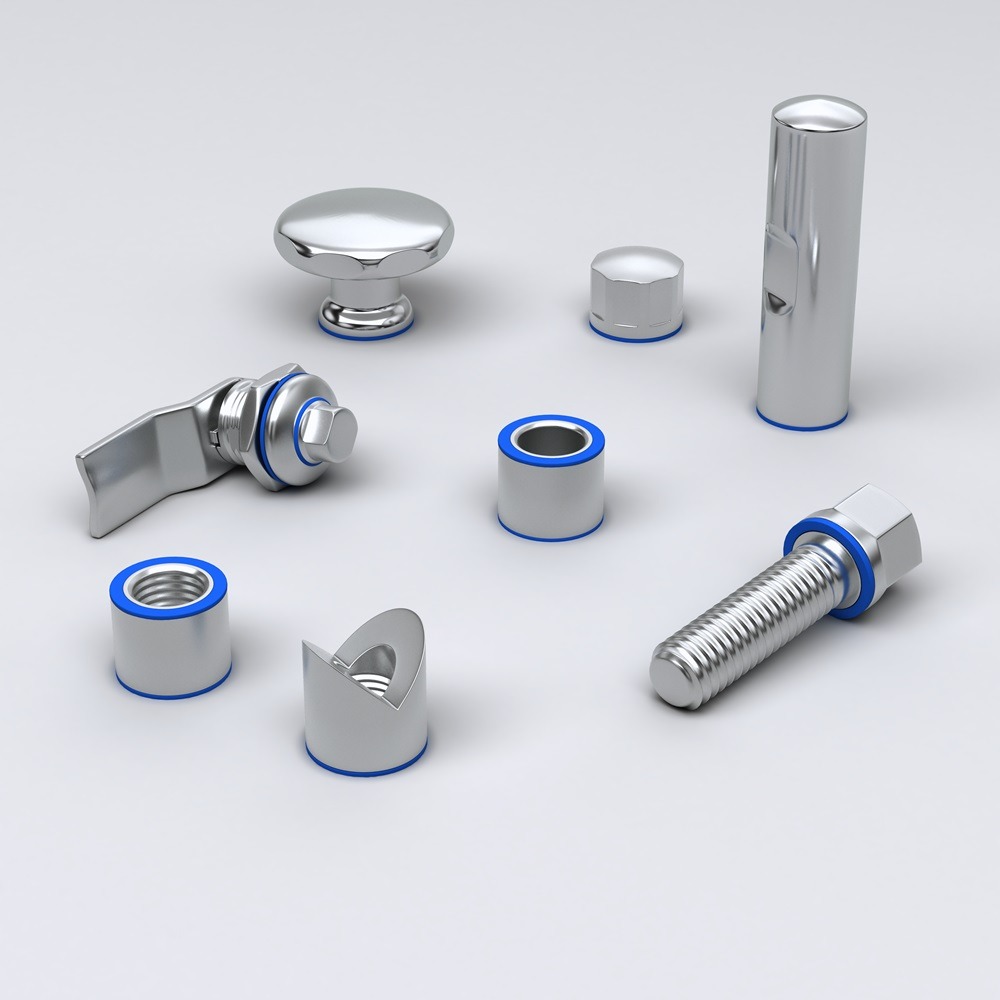
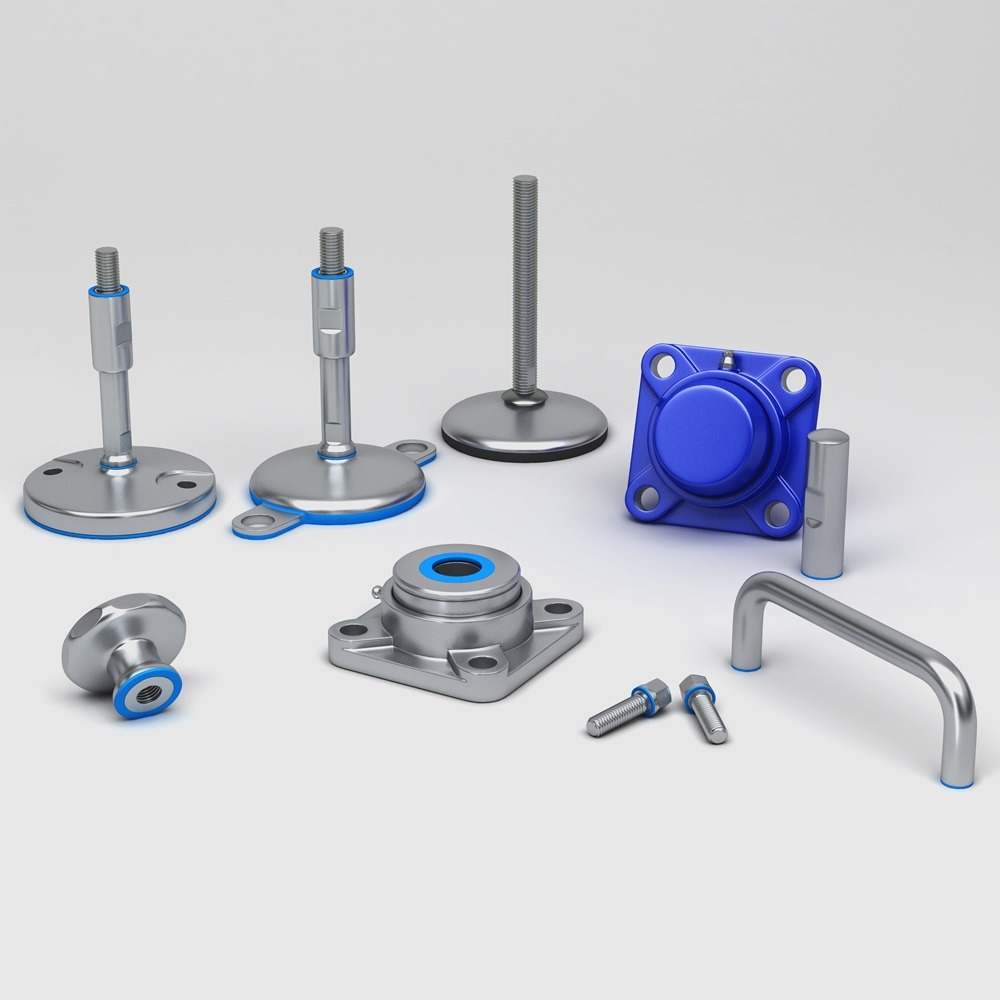
Contact
Understanding Machinery Components & Protection Standards
